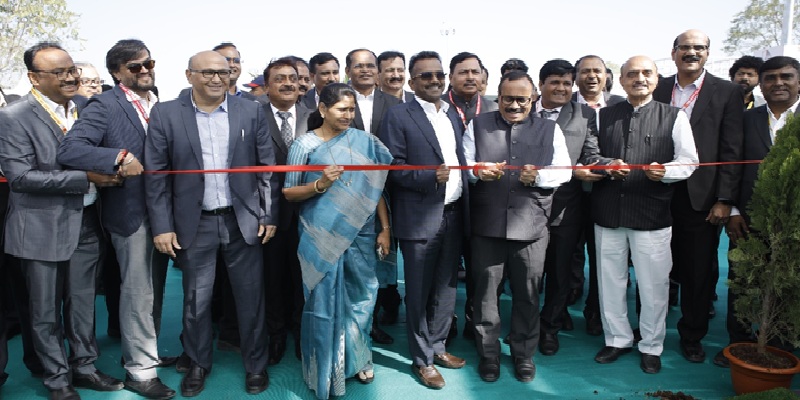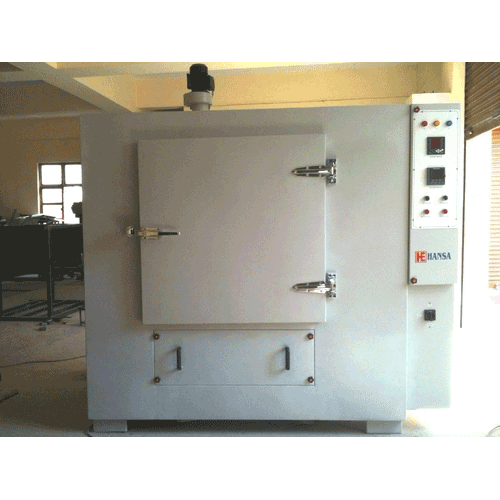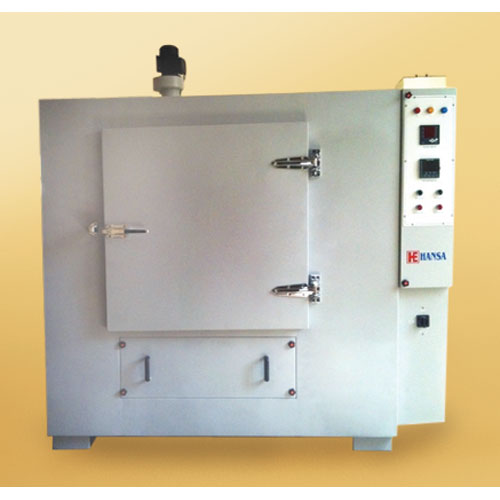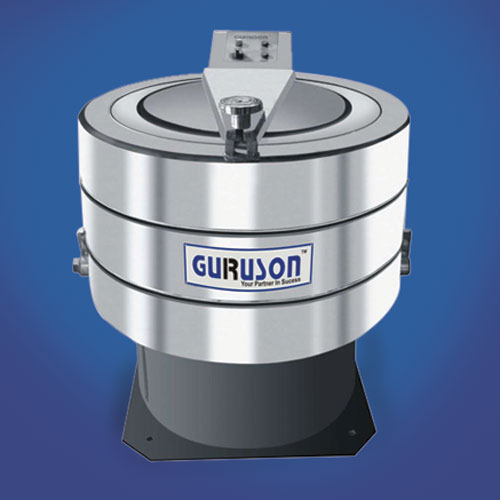Schedule a Call Back
Strategies to achieve manufacturing success: Prashant Sinha
 Articles
Articles- Feb 18,25

Related Stories

TARIL Reports 32% YoY Revenue Growth, Q3 PAT Rises 37%
Transformers & Rectifiers (India) Limited posts strong Q3 FY26 results, driven by higher revenues, improved margins, healthy order inflows and leadership continuity.
Read more
Toyota Kirloskar Motor Showcases Flex-fuel Hybrid Tech
Toyota Kirloskar Motor highlights flex-fuel strong hybrid technology, skilling initiatives and industry collaboration at the Advantage Maharashtra Expo 2026 in Chhatrapati Sambhajinagar.
Read more
German Chancellor Friedrich Merz Visits Bosch India Campus in Bengaluru
German Chancellor Friedrich Merz visited Bosch’s Bengaluru campus, highlighting India–Germany collaboration in innovation, hydrogen mobility and advanced manufacturing.
Read moreRelated Products

Heavy Industrial Ovens
Hansa Enterprises offers a wide range of heavy industrial ovens.

High Quality Industrial Ovens
Hansa Enterprises offers a wide range of high quality industrial ovens. Read more

Hydro Extractor
Guruson International offers a wide range of cone hydro extractor. Read more













